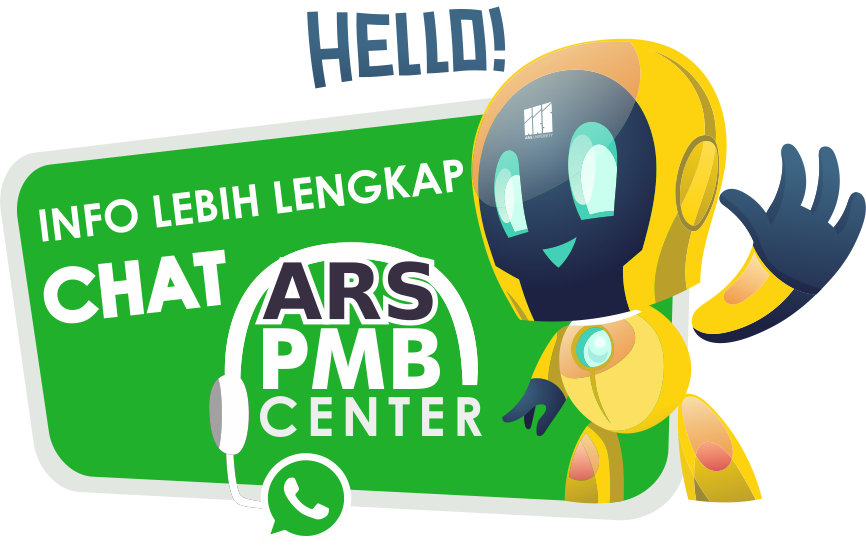| Informal education through intergenerational communication in the digital era plays a crucial role in enhancing understanding, skills, and relationships across generations amid the rapid advancement of technology. This study discusses the challenges and opportunities arising from the technological gap between younger generations, who are more proficient with digital devices, and older generations, who often struggle to adapt to these advancements. Intergenerational communication can be enriched by leveraging digital technology, but it must be balanced with approaches that consider the differing communication preferences of both groups. Digital literature, such as digital storytelling, messaging apps, and video call platforms, can serve as effective tools for strengthening interactions and knowledge transfer across generations. Furthermore, digital literacy, encompassing both technical skills and understanding of ethics and privacy, is vital for informal education in intergenerational contexts. This study also emphasizes the importance of inclusive intergenerational training programs to enrich learning experiences and foster social bonds. By combining face-to-face and digital communication, intergenerational informal education can bridge the digital divide and enhance collaboration between generations. Through these strategies, informal education in the digital age can help create a more connected, inclusive, and supportive society. |

